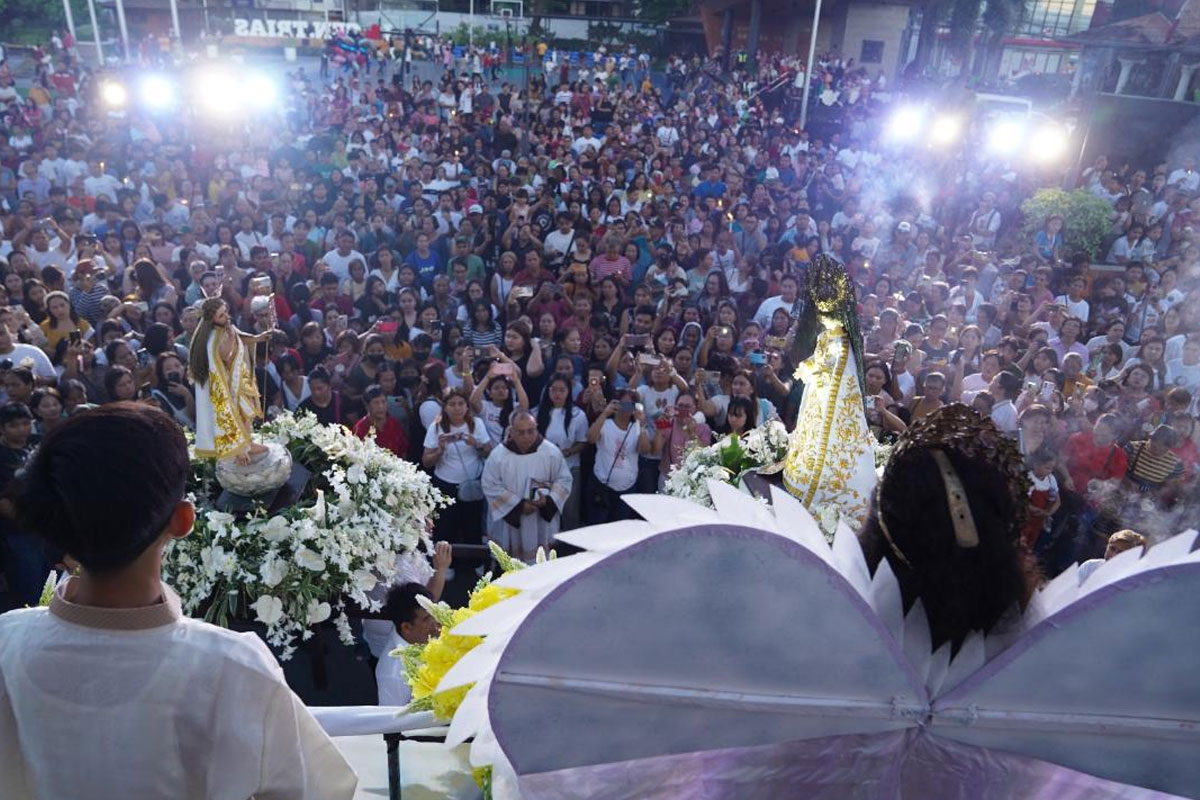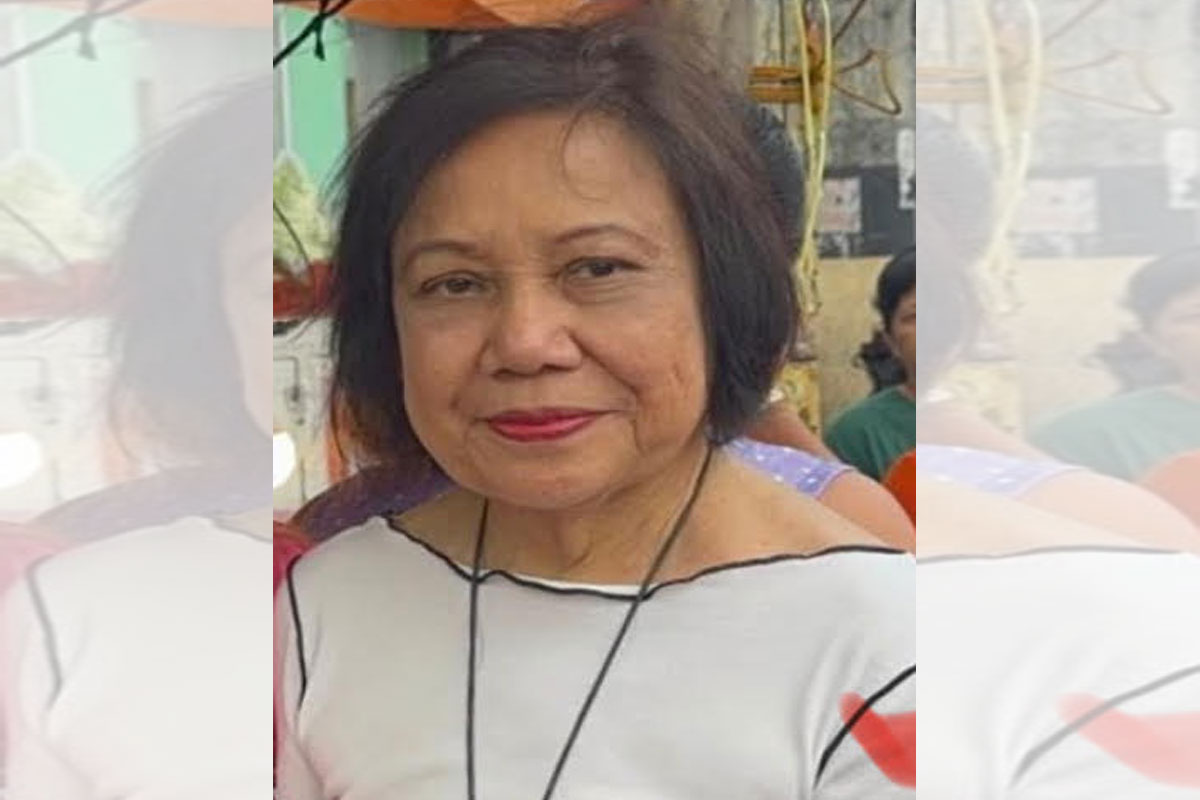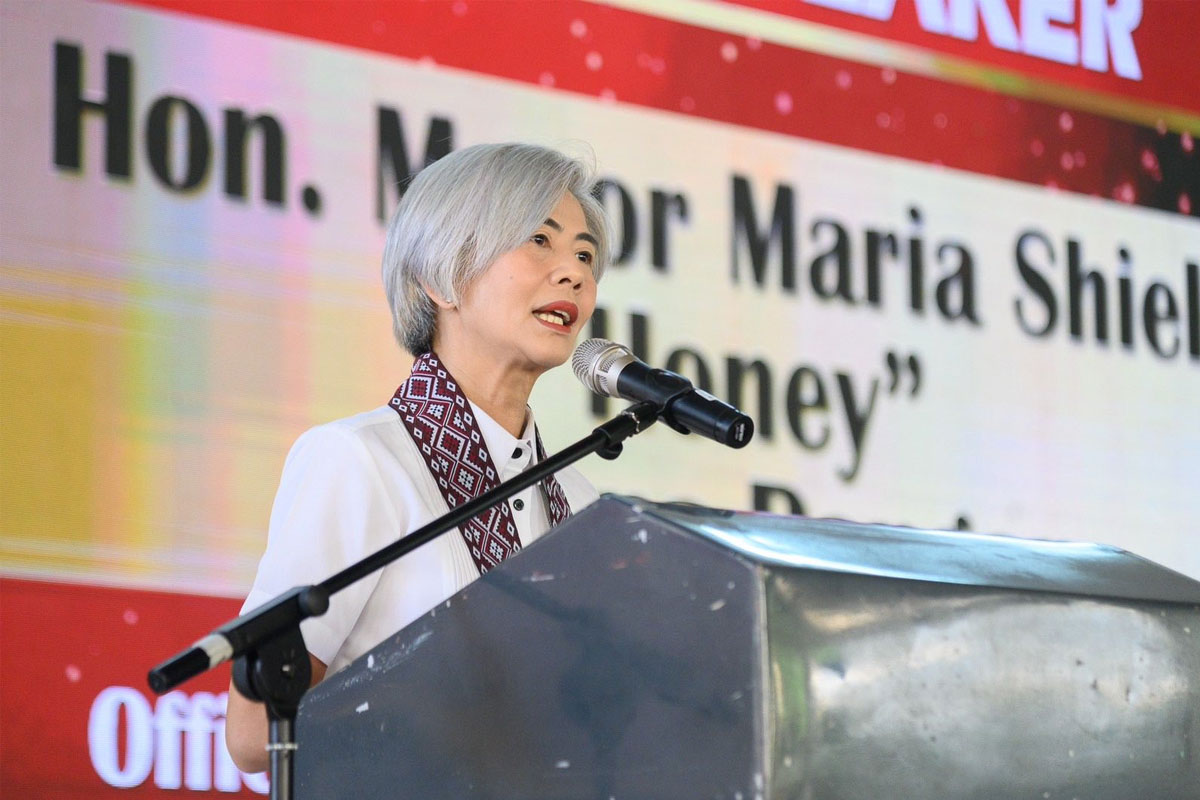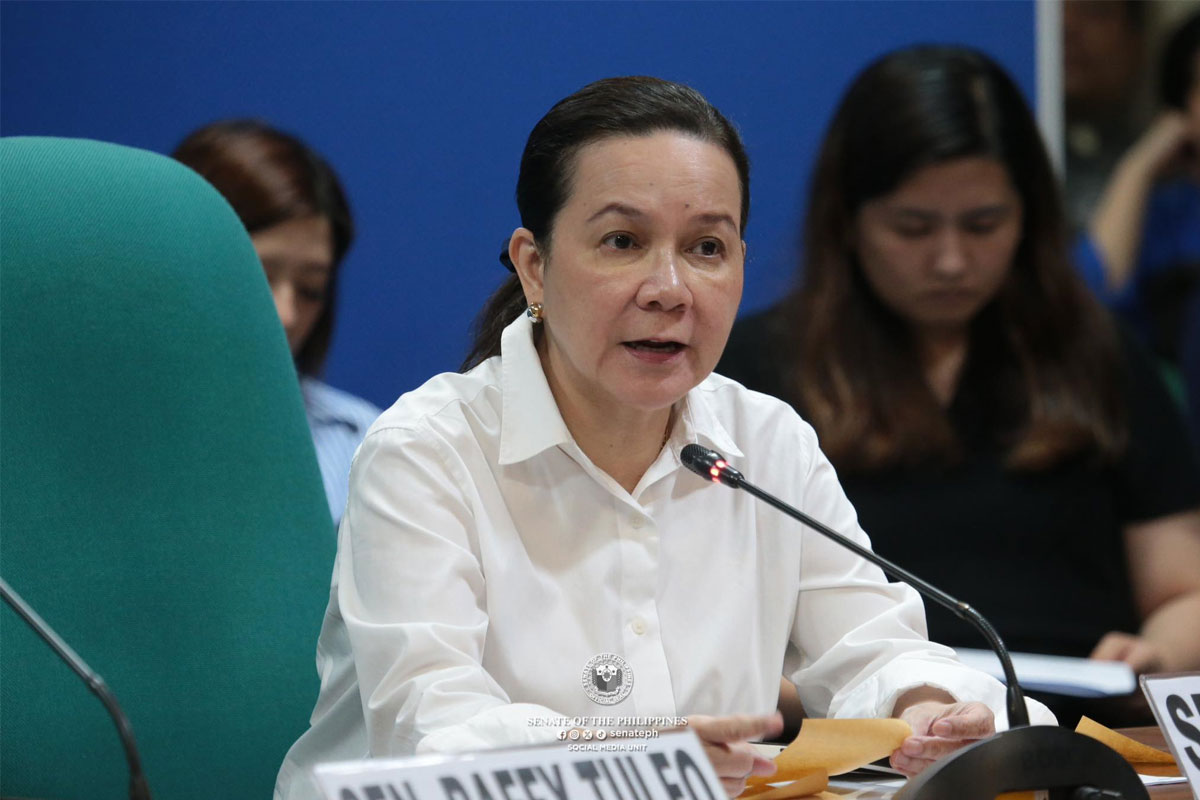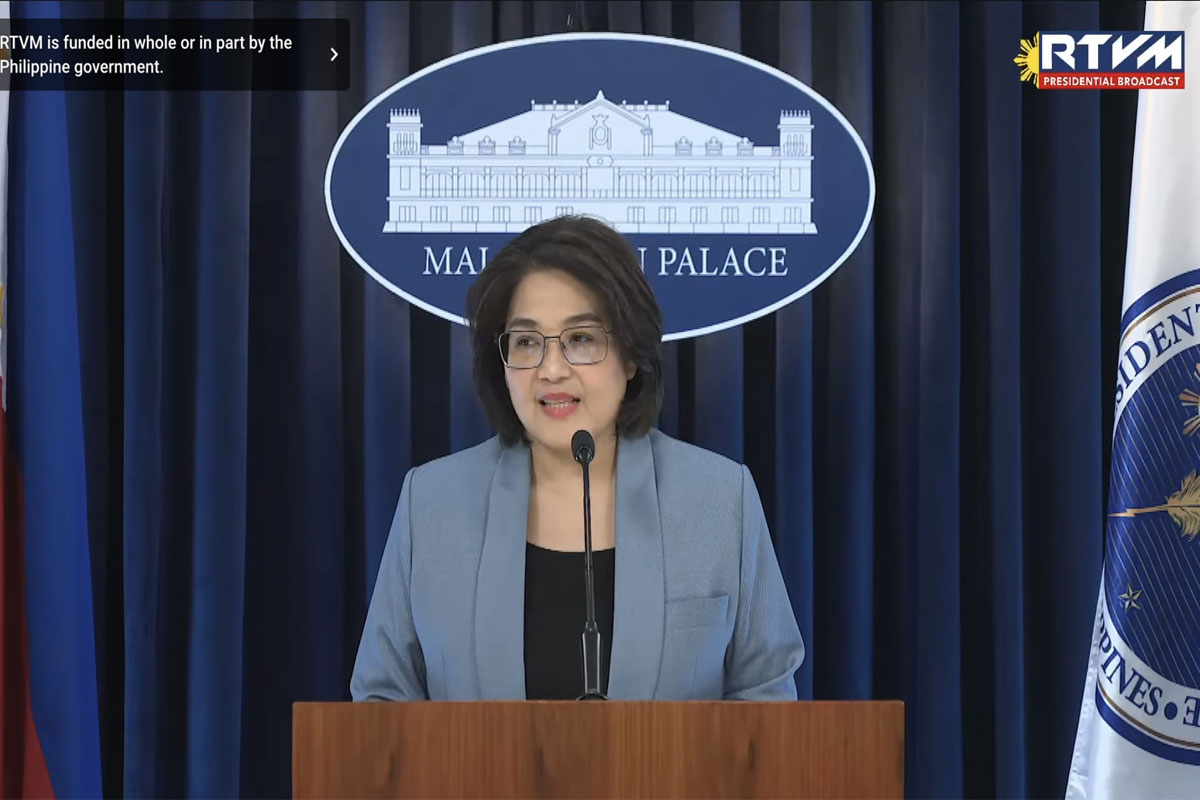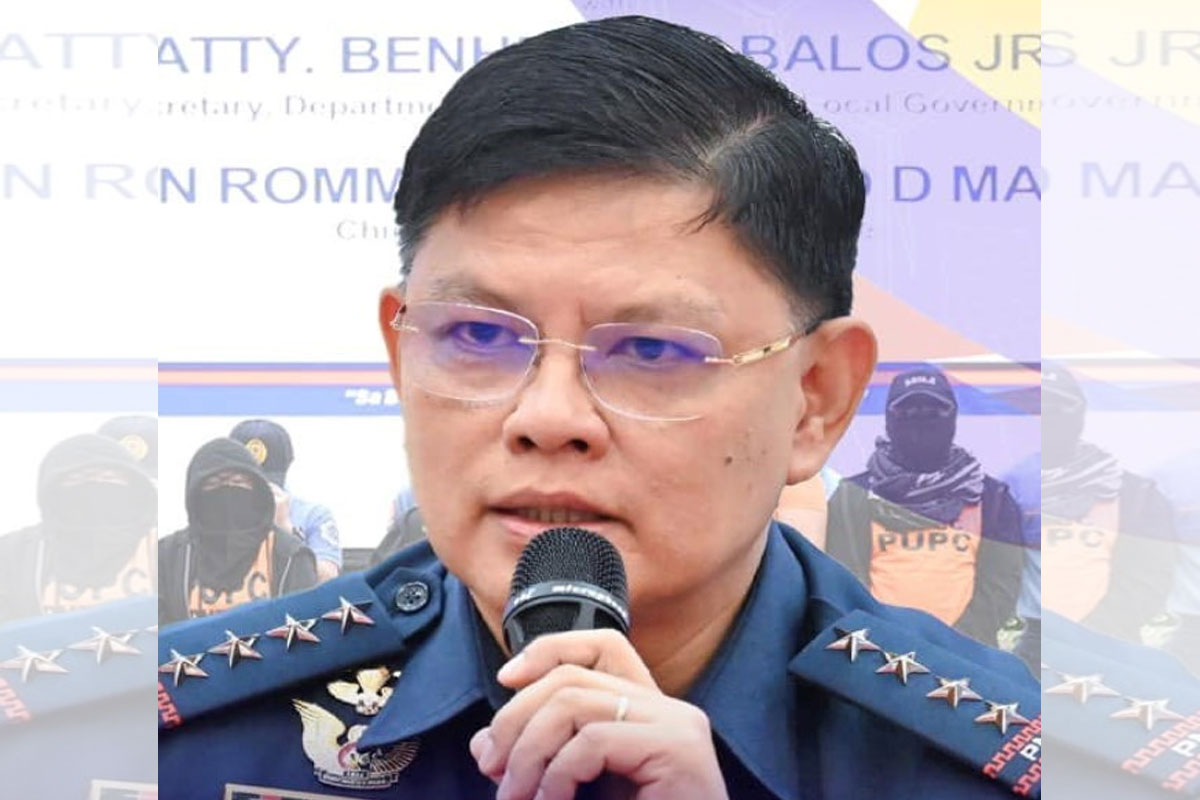
Marbil seeks to address PNP flaws; Remulla wants only 25 generals
AMID an appeal by Philippine National Police chief General Rommel Francisco Marbil for Congress to address their organizational flaws and align with the latest global trends in law enforcement, Interior and Local Government Secretary Juanito Victor ‘Jonvic’ C. Remulla Jr. has aired his intention to “flatten the organization” by reducing the number of its generals to only 25.
The top cop was referring to the need to amend Republic Act 6975 or the 1990 Act which established the PNP under a reorganized DILG.
In pushing for further reforms in the 232,000-strong national police force, Gen. Marbil underscored the necessity of revisiting and restructuring the PNP under RA 6975 to resolve systemic challenges that impede the force’s ability and capacity to respond swiftly and effectively.
According to the PNP chief, transitioning the PNP into a “flatter, more streamlined structure,” would lead to quicker decision-making, especially during emergencies, improve accountability, and promote better communication across all ranks.
Sec. Abalos agreed with the top cop saying the PNP is “top-heavy” and in need of streamlining to “flatten the administration.”
“There are a lot of generals now without commands if you look at it. Meron tayong area police of command na wala namang tao sa ilalim nila. Madami tayong redundancies na kailangang i-trim down,” he said.
Gen. Marbil said the current hierarchical system often slows down decision-making, particularly in critical situations where prompt responses are vital.
Thus, he emphasized that decentralizing the PNP would empower lower-ranking officers to make localized decisions, thereby reducing delays and enhancing operational efficiency.
Gen. Marbil called on lawmakers to recognize the importance of strengthening the law to cure the organizational deficiencies within the PNP as he noted that while RA 6975 was groundbreaking at its inception, it must evolve to meet the demands of modern policing.
By restructuring the PNP, the Philippines would move closer to building a police force that is efficient, accountable, and adequately equipped to serve the public in the 21st century, he asserted.
Gen. Marbil explained that at the time of the PNP’s establishment, the police force had fewer than 150,000 officers, a figure that no longer meets the current demands for public safety and crime prevention as over the past three decades, their number has doubled.
He also pointed out that a flatter organizational structure would improve accountability, as clearer roles and responsibilities would facilitate better oversight and performance monitoring, which are crucial elements in maintaining public trust and upholding law enforcement standards.
Moreover, he noted that streamlining the PNP would enhance communication throughout the organization, eliminating unnecessary bottlenecks and fostering collaboration between field officers and senior leadership.
“This kind of structure encourages leadership and initiative at all levels, inspiring creativity and innovation in tackling the country’s security challenges,” the PNP chief explained.
In advocating for the PNP’s reorganization, Gen. Marbil aligned his recommendations with global law enforcement trends
“The world is changing fast, and so should the PNP,” the top cop asserted as he added that continuous reform is necessary for the police force to remain effective, adaptable and responsive to both domestic and international challenges.
Under Sec. Remulla’s proposed policy, affected PNP star-rank officials will be encouraged to take early retirement by next year. He added that the Civil Sevice Commission rules requiring promotion every three years contributed to the ‘top-heavy’ PNP structure, thus the need to extend the promotion timeline to every five years to slow down career progression in the national police force.
A number of retired PNP chiefs and generals supported Gen. Marbil’s call on Congress to help them address their organizational flaws.
One even said RA 8551 otherwise known as the PNP Reform and Reorganization Act of 1998 was implemented even without an Implementing Rules and Regulations.
RA 8551 strengthened and expanded the Napolcom’s authority over the PNP including the administration of police entrance examinations.
The retired officials all agreed that there were a number of PNP units in the past that were created without joint resolutions of Congress and it was only the Napolcom which is chaired by the DILG chief which approved their creation.











